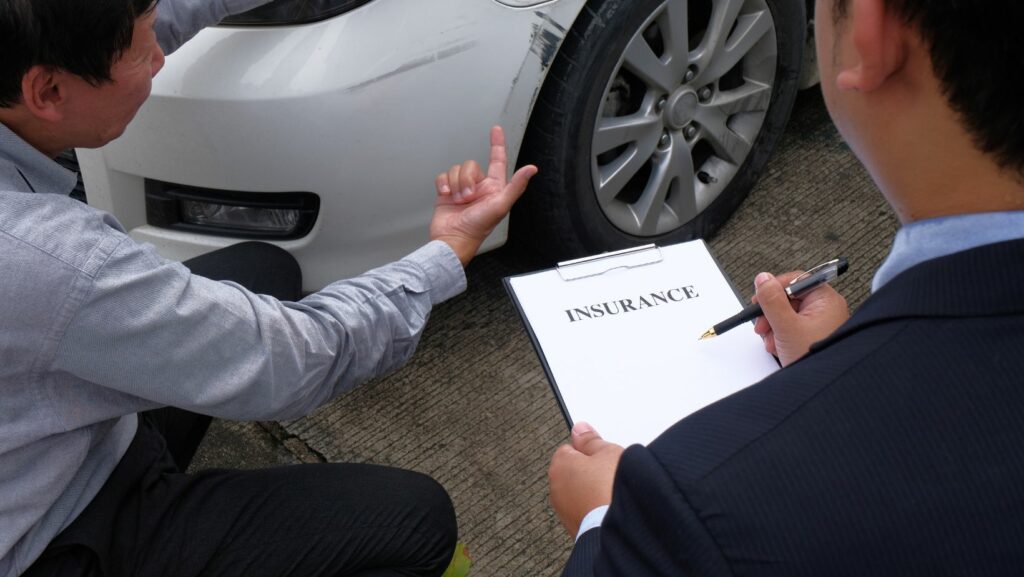
Texas public adjusting professionals play a pivotal role in the insurance industry, advocating for policyholders during the often complex and challenging process of filing insurance claims. Unlike insurance company adjusters who work for the insurer, public adjusters work exclusively for the policyholder, ensuring their rights are protected and they receive fair compensation for covered losses. We will explore the duties, benefits, and impact of public adjusting professionals in insurance claims.
Understanding the Role of Public Adjusters
Public adjusters are licensed professionals with expertise in assessing property damage, determining the scope of insurance coverage, and negotiating with insurance companies on behalf of policyholders. Their primary objective is to maximize the claim amount for the policyholder while adhering to the terms and conditions outlined in the insurance policy. This includes conducting thorough inspections, documenting damages, preparing detailed claims reports, and advocating for fair settlements. Some people get confused between a loss adjuster vs a loss assessor or a public adjuster. The former works for the benefit of the insurance company while the latter works for you — the policyholder.
Benefits of Hiring a Public Adjuster
One key benefit of hiring a public adjuster is their in-depth knowledge of insurance policies and claim procedures. They understand the complexities of insurance contracts and can interpret policy language to ensure policyholders receive the maximum benefits they are entitled to. Public adjusters also handle the entire claims process, relieving policyholders of the time-consuming and often stressful task of dealing directly with insurance companies.
Navigating Complex Claims Processes
Insurance claims can be intricate, involving detailed documentation, assessments, and negotiations. Public adjusters streamline this process by leveraging their expertise and experience to expedite claims and achieve favorable client outcomes.

They are well-versed in property damage assessment techniques, cost estimation, and insurance industry standards, allowing them to present compelling arguments and evidence to support their clients’ claims.
The Advocacy Role of Public Adjusters
Central to public adjusters’ work is their role as advocates for policyholders. They represent the best interests of their clients throughout the claims process, ensuring that insurance companies fulfill their obligations promptly and fairly. Public adjusters possess strong negotiation skills and often have established relationships with insurance companies, enabling them to advocate for optimal claim settlements on policyholders’ behalf effectively.
Ethical Considerations and Professional Standards
Public adjusters are bound by ethical guidelines and professional standards that govern their conduct and interactions with clients and insurance companies. They must act with integrity, honesty, and transparency, putting the interests of their clients above all else. This commitment to ethical practices enhances trust between public adjusters, policyholders, and insurance providers, fostering smoother and more productive claim resolutions.
Challenges Faced by Public Adjusters
While public adjusters offer invaluable support to policyholders, they also encounter challenges in their line of work. These challenges may include navigating complex legal frameworks, addressing disputes with insurance companies, managing client expectations, and staying updated on evolving insurance industry trends and regulations. Despite these challenges, public adjusters remain dedicated to securing fair and just client outcomes.
Impact on Insurance Claim Outcomes
Public adjusters’ involvement often leads to more favorable outcomes for policyholders in terms of claim settlements. Studies and industry data indicate that policyholders who engage public adjusters typically receive higher claim payouts compared to those who navigate the claims process independently. This underscores the importance of professional representation and advocacy in maximizing insurance benefits for individuals and businesses facing property damage or loss.
Emerging Trends and Innovations in Public Adjusting
The field of public adjusting is not immune to technological advancements and industry trends. In recent years, there has been a notable shift towards leveraging technology to enhance public adjusters’ work efficiency and effectiveness.

Tools such as drones, digital documentation software, and advanced estimating software have become increasingly prevalent, allowing public adjusters to conduct more accurate assessments, streamline documentation processes, and present compelling evidence to support their clients’ claims. Additionally, data analytics and predictive modeling are being utilized to assess risk factors, anticipate claim trends, and optimize claim strategies, further improving the overall outcomes for policyholders.
Educational and Professional Development in Public Adjusting
To meet the industry’s evolving demands and maintain high service standards, public adjusters engage in continuous educational and professional development initiatives. Many public adjusting firms offer training programs, workshops, and certifications to equip adjusters with the latest knowledge, skills, and best practices. These educational efforts focus on insurance law, policy interpretation, negotiation tactics, and customer service, empowering public adjusters to provide comprehensive and proficient assistance to their clients throughout the claims process.
Collaboration and Partnerships within the Industry
Collaboration and partnerships are integral aspects of the public adjusting landscape. Public adjusters often collaborate with a network of professionals, including attorneys, contractors, engineers, and restoration specialists, to bolster their expertise and resources when handling complex claims. These collaborations enable public adjusters to tap into diverse skill sets, access specialized expertise, and provide holistic solutions to clients. Furthermore, partnerships with industry associations and regulatory bodies facilitate knowledge sharing, advocacy efforts, and adherence to industry standards, reinforcing the professionalism and credibility of public adjusters within the insurance sector.
Public adjusting professionals play a crucial role in safeguarding the interests of policyholders and ensuring they receive fair and timely compensation for covered losses. Their expertise, advocacy skills, and commitment to ethical standards contribute significantly to the insurance claims process, improving client outcomes. As the insurance landscape continues to evolve, the role of public adjusters remains indispensable in providing expert guidance and support to individuals and businesses navigating the complexities of insurance claims.



